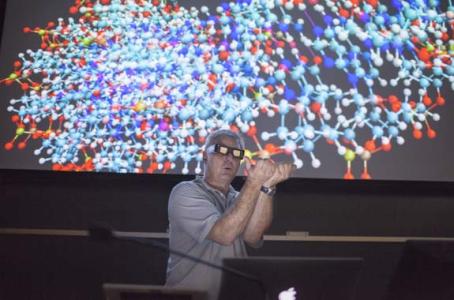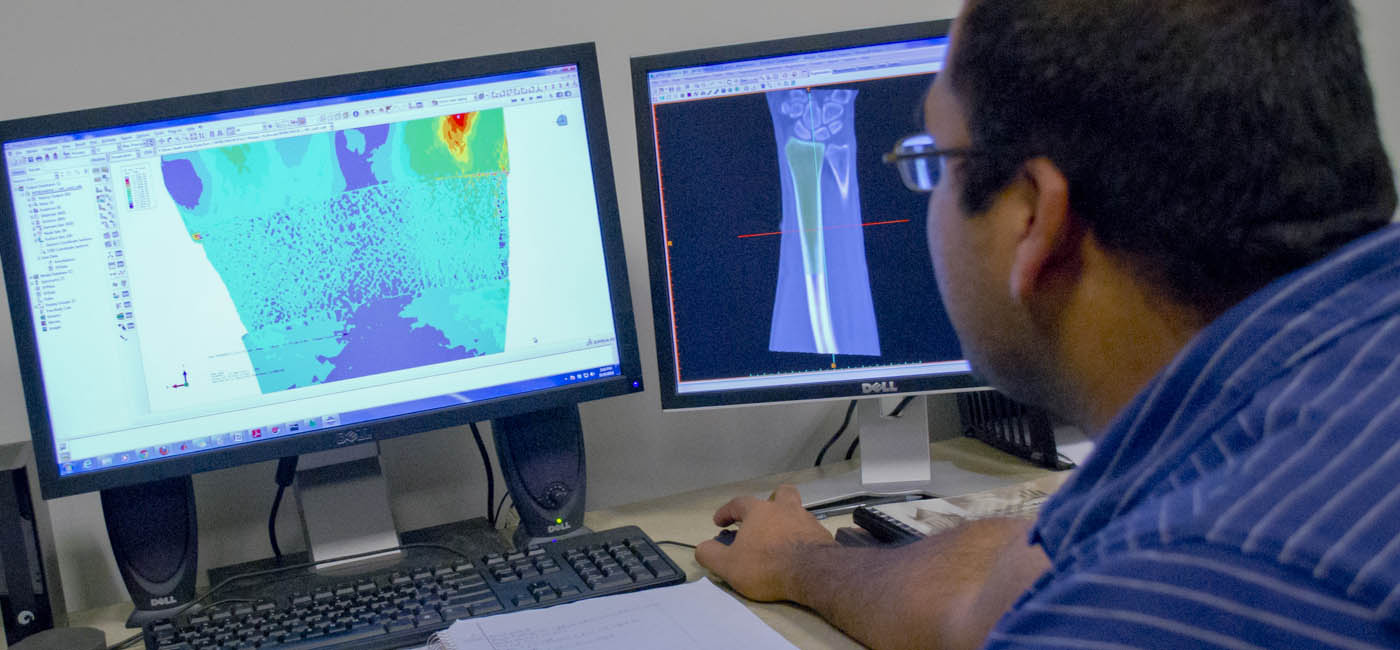Bachelor's Degree in Chemical Engineering
As you work toward a degree in chemical engineering at WPI, you’ll join a close-knit, collaborative community where teamwork, self-designed projects, and creativity are highly valued. Depending on your interests and your future goals, you’ll have a flexible curriculum that covers several disciplines within engineering, biology, chemistry, biomedicine, and physics. You can specialize your focus even further with a concentration in biological, energy, environmental, or materials engineering.
As an undergrad, you’ll also have the opportunity to conduct research in some of the best laboratory and teaching spaces on campus. You will work closely with faculty and graduate students on interdisciplinary teams, using cutting-edge equipment and processes to solve some of the world’s most complex problems.


Chemical Engineering at WPI
If you’re interested in a Chemical Engineering degree at WPI, discover our award-winning faculty, cutting-edge research, and world-changing projects, along with the inspiring accomplishments of our alumni.
As an undergrad pursuing a degree in chemical engineering at WPI, you’ll gain the knowledge and the problem-solving skills you need to make the world a better place. We have thoughtfully developed our curriculum to provide you with not only the best foundation in the principles of chemical engineering, but the flexibility to allow you to explore areas of particular interest. Most of our students gain international, industrial, and/or research experience in important and emerging industries like biotechnology, pharmaceutical, energy, materials, environment, and safety.
Chemical engineering majors may choose to focus their studies by obtaining one of the following concentrations (PDF): Biological, Energy, Environmental, or Materials.
You can also gain your BS in Chemical Engineering AND a complementary MS in Chemical Engineering, Fire Protection Engineering or Biomedical Engineering in just five years.
Complementary Minors:
Project-based Learning
Hands-on, project-based learning is the cornerstone of the WPI experience, and a big reason why you’ll stand out to employers. As a Chemical Engineering major, your options might include supporting faculty research, conducting projects off-campus in the U.S. or abroad, and finding your niche.
More Value
Whether it’s real-world work experience through a co-op or internship, accelerating your path with a BS/MS program, or even finding opportunities to integrate coursework with extracurricular interests, personalizing your education at WPI pays off. See how WPI changes your path.
Explore Related Majors
Not sure that chemical engineering is for you? WPI’s got options. A degree in chemistry will give you the chance to delve deep into fundamental and advanced topics in experimental, organic, inorganic, and physical chemistry through hands-on project work. If you’re more interested in the processes and transformations that occur in living organisms, a degree in biochemistry may be the perfect fit. You could also pursue a degree in biomedical engineering to complete hands-on work that combines different engineering principles with biology, medicine, and health that will transform people’s lives.

